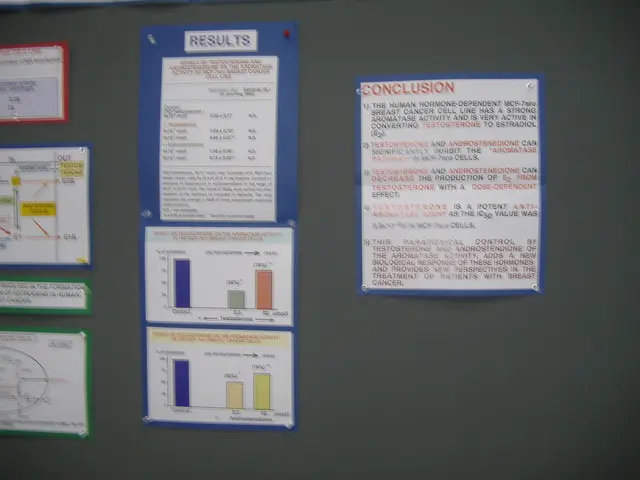Automotive exports from Turkey reach a staggering $23.8 billion during the first seven months, withstandings geopolitical tensions
=====================================================================
The Turkish automotive sector has shown remarkable resilience in the face of global trade tensions and protectionist policies, particularly from the U.S. In the first seven months of 2023, Turkey's automotive exports increased by 14.5% to $23.82 billion, representing 15.2% of the country’s total exports.
Despite the U.S. imposing tariffs of up to 25% on Turkish automotive goods, the sector has managed to maintain its edge. The European market, particularly countries like Germany, France, and Italy, remains the top destination for Turkish exports in the automotive sector.
Germany led in the increase of export value for the automotive sector, with over $1 billion more compared to the same period in 2022. The automotive sector's exports to Germany during the January-July period amounted to $3.8 billion. France followed closely with a $331.4 million increase in export value, amounting to $2.7 billion in total exports.
The provinces of Kocaeli, Bursa, and Istanbul are major automotive export hubs, highlighting the sector’s geographic concentration and industrial capacity. Kocaeli had the highest automotive exports during this period, with $7.4 billion, while Bursa was second with $5.1 billion. Istanbul was third, with $5.07 billion in automotive exports.
Ankara was fifth, with $942.9 million in automotive exports, and Sakarya was fourth, with $2.6 billion. The U.K. was the third-largest market for Turkish automotive exports, with $2.5 billion.
Spain was the fourth-largest market, receiving $2 billion in Turkish automotive exports. Romania had a $265.7 million increase in export value, followed by Slovenia with a $465.2 million increase. Italy was the fifth-largest market, with $1.9 billion in Turkish automotive exports.
Turkey continues to benefit from trade agreements that facilitate market access for its automotive exports. The Turkey-Qatar Trade and Economic Partnership Agreement, which began to take effect in 2023, reduces tariffs and non-tariff barriers on automotive goods, which is expected to bolster exports and economic ties. Meanwhile, the U.S. has signed agreements reducing automotive import tariffs to 15% with Japan and is negotiating similar deals with the EU and South Korea.
These trade agreements aim to reduce uncertainties in the production planning of companies in critical sectors, such as automotive, while variable expectations for the future also impact investment strategies. The U.S. is expected to finalize a trade deal with the European Union, which would apply a 15% import tariff on most of the union's products. Talks are underway for a possible agreement between the U.S. and South Korea to reduce tariffs to 15% in the automotive sector.
These developments affect Turkey indirectly by shaping competitive dynamics in these markets, where Turkish automakers also operate or export. The sector's export expansion is particularly strong in European markets, with major exports to EU countries like Slovenia and Romania, and its supply chain is increasingly integrated with European car manufacturers, such as German automakers sourcing parts from Turkey.
Turkey's strategic position bridging Europe and Asia and its role as a nearshoring hub contribute to the sector's robustness amid global supply chain volatility. In July alone, Turkey's exports rose by 11% compared to the same month in 2022, reaching $25 billion. These positive trends indicate a promising future for the Turkish automotive sector despite the challenges presented by global trade uncertainties and U.S. protectionist policies.
- The Turkish government is currently pursuing diplomacy with the European Union, aiming to strengthen economic ties, particularly in the automotive sector.
- Istanbul, as a strategic city bridging Europe and Asia, plays a significant role in Turkey's automotive industry, being one of the major automotive export hubs.
- Turkey's automotive sector is not only focused on traditional export markets like Germany, France, and Italy, but is also expanding its business in emerging European markets such as Slovenia and Romania.
- The success of the Turkish automotive sector in maintaining its edge against protectionist policies, such as those imposed by the U.S., has significant implications for the country's economy and finance, particularly in the context of global trade dynamics.




